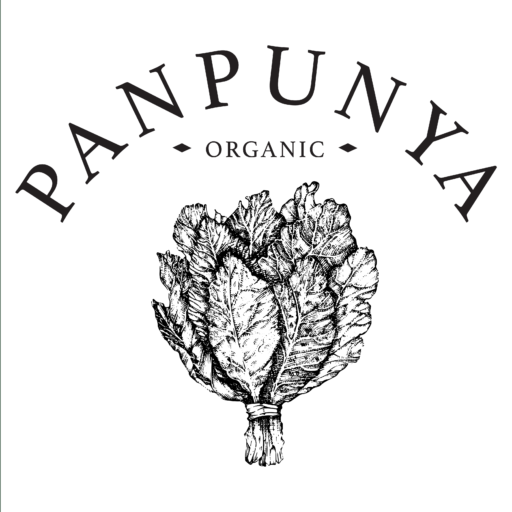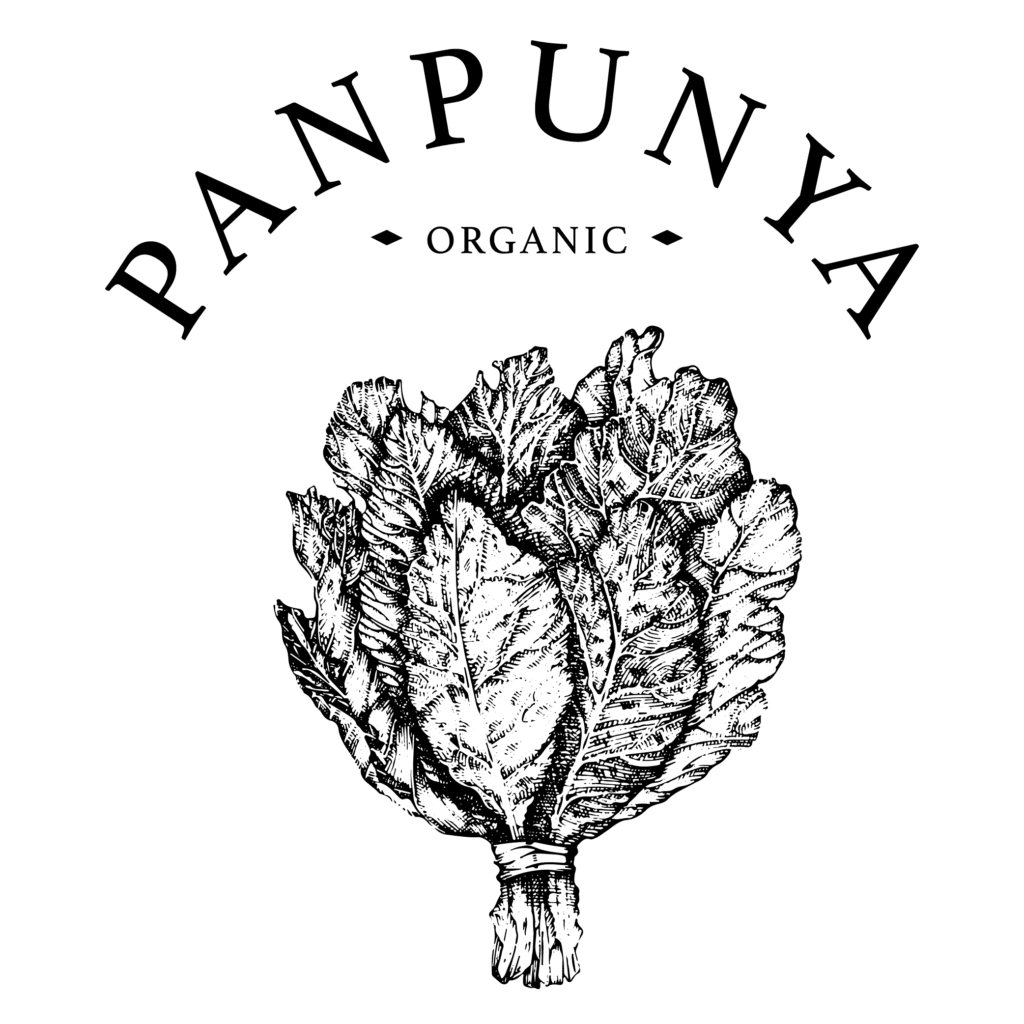When you’re trying for a baby, there can be a lot of confusion over what to do to increase your chances of conception. There is a lot of conflicting information out there, making searching for answers even more tedious. Fortunately, you’ve come to the right place. Here is everything you need to know about how to prepare your body for conception.
The Link Between Nutrition and Fertility
You might never have thought about it, but your nutrition is closely linked to your fertility. Although there are always other factors that play a part, eating healthily is a known factor in boosting your chances of getting pregnant.
In fact, some of the best foods to eat are the same that you should be eating for your general wellbeing. This includes making sure that your diet includes many whole grains, healthy fats, and protein.
Some of the best-recommended changes to make include:
- Eating high-fiber whole-grain alternatives such as whole-grain bread with seeds, brown rice, and whole-grain kinds of pasta.
- Eat more organic fruits and vegetables, especially if you need a snack.
- Food with good fats such as nuts, seeds, and avocados should be added to your diet.
- Stay away from fried foods, cakes, cookies, or other foods with high sugar content and bad fats.
- For drinks, consider unsweetened beverages or opt for plain water or water with fruit.
These are the most general guidelines to consider when taking a look at how eating impacts fertility. It’s also recommended that your BMI be between 18.5 to 24.9 when trying to conceive. Because of this, coupling a healthy diet with an active lifestyle can be essential.
Now that we have a general overview of the nutritional guidelines, let’s look closer at how eating organic can help you get pregnant.

Eating Organic While Trying to Conceive
Eating organic can be important no matter where you are in life, but it can be especially beneficial when trying to become pregnant.
That being said, there is often some confusion over what organic means. Let’s clear up some misconceptions.
What Does It Mean When a Food is Organic?
When you browse the produce section, chances are you often see a lot of organic fruits and vegetables. What sets these items apart is that they have grown in soil that uses no synthetic pesticides or synthetic fertilizers. They also cannot be genetically modified in any way. Because of this, you don’t have to worry about potentially being exposed to these chemicals while eating the produce.
How Organic Foods Benefit Conception
Food that is not organic can have hormone-disrupting chemicals that can make conception harder, lowering your chances significantly. In some studies, it was found that women exposed to these chemicals had a 26% lower chance of conception.
In addition to this, organic fruits and vegetables have been shown to have higher nutrient levels and more antioxidants than their non-organic varieties. By eating organic, you’re not just increasing your chances of conceiving, but you can help your body become healthier.
Organic Meat
Along with produce, some meat can also be labeled organic. However, for meat to be considered organic, the animal must be raised in specific conditions with enough outdoor grazing time. It also must be fed an organic diet itself and not have been administered any outside hormones or antibiotics.
Due to these stipulations, organic meat can have a healthier fat balance, and it won’t potentially expose you to any outside hormones or chemicals that could disrupt fertility.
These same guidelines also extend to organic dairy products.
Pre-Packaged Organic Foods
While at the store, you may also have seen pre-packed foods that claim they are made with organic ingredients. For a product to state this, 70% of the ingredients must be from an organic source. To be labeled 100% organic, they must contain no GMOs, artificial colors, or preservatives.
These products can be significantly better for you as you try to conceive, as they can reduce the number of synthetic chemicals commonly found in pre-packaged non-organic foods. Some of the most common chemicals in these foods can even act as endocrine disruptors, meaning that they can interfere with or mimic the hormones produced by your endocrine system.
This can be particularly damaging to someone trying to get pregnant, as the endocrine system is responsible for producing the hormones related to sexual function, reproduction, and tissue function.
Tips for Buying Organic
If you’re not used to buying organic, it can be difficult to know where to start. Thankfully, it doesn’t have to be difficult.
- Be on the lookout for specials and deals at your local stores. Often, they will have sales or special deals on organic produce and meats. This will help you get the most organic items for your money.
- When you find organic items on sale, stock up and freeze extras of what you can. For instance, fruits like blueberries and strawberries can be cleaned and frozen for later, as can any meat. This can give you a steady supply of healthy food for your conception and pregnancy.
- If you have a local farmer’s market near your home, try to buy as many produce items as you can from it. This will ensure that the fruits and vegetables that you get are as fresh as possible.
Additionally, just because a food is organic doesn’t mean that you shouldn’t wash or cook it thoroughly before eating it. Always wash fruits and vegetables before consuming them, and always cook your meat, poultry, and fish at the recommended temperatures.
Eating for Conception
What you eat is closely linked to fertility, and if you are trying to conceive, you must change your diet to help you reach your goal. While this won’t necessarily bring about an instant conception, especially if there are underlying fertility issues, it can make you more likely to conceive overall.


